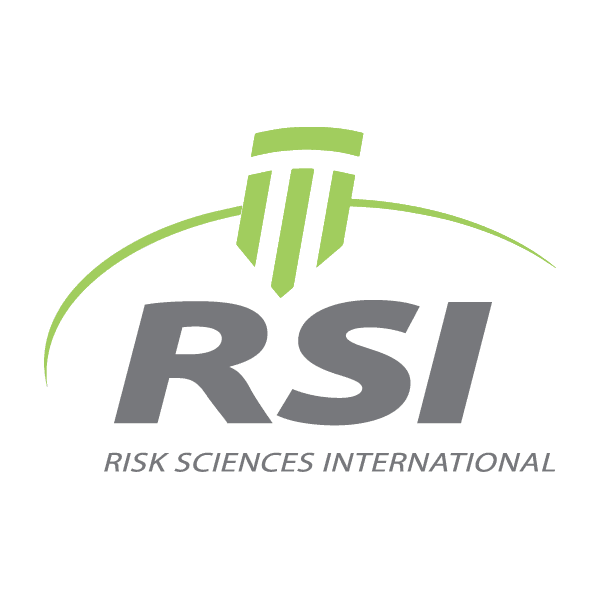Public health encompasses a broad, multifaceted approach to understanding and addressing the health of populations. It focuses on the determinants of health—social, institutional, and environmental conditions—that significantly impact health outcomes. This approach recognizes that health is not merely the absence of disease, but a state of complete physical, mental, and social well-being. Globally, public health initiatives are increasingly important due to the interconnectedness of populations and the shared health risks and challenges that arise, particularly in the face of globalization, urbanization, and climate change.
Incorporating a public health perspective into risk assessment means adopting a holistic, system-wide view. This involves understanding the multiple determinants of diseases and health outcomes within a population. It requires an in-depth analysis of how various factors—ranging from socioeconomic status and education to environmental exposures and genetic predispositions—interact and contribute to health risks and outcomes. This perspective is crucial in addressing complex global health challenges like pandemics, non-communicable diseases, and health impacts of environmental degradation.
A public health approach to risk management is characterized by its breadth and inclusiveness. It involves developing and implementing policies, programs, and institutional strategies that account for a wide range of health determinants. This approach aims to promote social justice and health equity, recognizing that health disparities often arise from unequal social, economic, and environmental conditions. By addressing these underlying determinants, public health efforts seek to reduce health inequities and improve health outcomes for all population groups.
Furthermore, a global public health dimension brings additional layers of complexity and challenge. It necessitates international cooperation and collaboration, as health risks often transcend national borders. Issues such as infectious disease outbreaks, antimicrobial resistance, and the health impacts of climate change require coordinated global responses. This global approach also needs to be sensitive to the diverse cultural, economic, and political contexts of different regions and countries.
In addition, the risk challenges facing public health are evolving. The rise of digital technology, for instance, brings both opportunities and risks in terms of health data management and privacy concerns. Environmental changes, urbanization, and shifting demographics also present new public health challenges. A public health approach to risk management must, therefore, be dynamic and adaptable, capable of responding to emerging threats and leveraging new technologies and methodologies to enhance health and well-being.
RSI experience in Public health
RSI has been involved in many projects that have taken a public health approach to the analysis of an issue. For example, a project on developing an environmental public health approach to chemicals management involved a discussion paper for a workshop, and a set of case studies applying the approach to ovarian cancer, childhood cognitive impacts, chronic kidney disease and hypertension. In a project on comorbidities that increase the risk of severe outcomes from Covid-19, RSI summarized the way that environmental determinants are incorporated into population health risk evaluation, and identified a range of interventions to respond to environmentally me health conditions and inequities that are related to severe outcomes from Covid-19.


